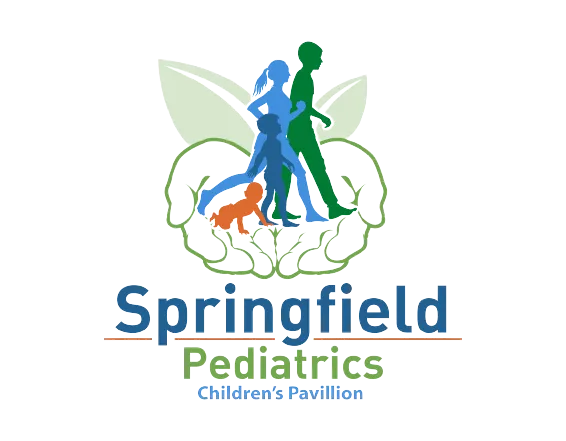Oh! Doc, her fever just won’t go away and keeps coming back!
An often heard comment in primary care settings, I daresay, globally! A study in the March issue of Pediatrics. 2011;127:580-587 led by researchers from the American Academy of Pediatrics Section on therapeutic use of medications came up with recommendations that challenges the instinctive approach to febrile illness most parents demonstrate when their children develop fever. Treatment of febrile children should focus on improving the child's comfort rather than bringing the temperature down to normal levels or preventing the onset of fever, according to the report.
Is the fever bad for her?
"Many parents administer antipyretics even when there is minimal or no fever, because they are concerned that the child must maintain a 'normal' temperature," the study authors note. "Fever, however, is not the primary illness but is a physiologic mechanism that has beneficial effects in fighting infection," they write. "There is no evidence that fever itself worsens the course of an illness or that it causes long-term neurologic complications." An individual needs to have an immune system functioning optimally at many levels to respond to the presence of an invading germ and fever often is one the responses mounted by the body during this process. There are other conditions where the patient age, or severity and pattern of the fever could be a cause for additional concerns and these should be addressed with your doctor.
My cousin had seizures with her fever when we were little, is this going to happen to my baby?
These researchers state, there is "no evidence that reducing fever reduces morbidity or mortality from a febrile illness" or that it decreases the recurrence of febrile seizures. Febrile seizures can occur in any child usually between ages 6 months to 6 years often when there’s a rapid rise in core body temperature. There are a few cases when these febrile seizures especially when recurrent and complex may be indicative of potential problems in the developing nervous systems in these children and merit further evaluation.
Her Daddy gave her a second dose of fever medication without asking me first, is she going to be okay?
The appropriate dosing for acetaminophen (Tylenol) is 10 to 15 mg/kg per dose given every 4 to 6 hours orally, which produces an antipyretic effect within 30 to 60 minutes in approximately 80% of children. The appropriate dosing for ibuprofen (Motrin) is 5-10 mg/kg per dose with 6 hourly to 8 hourly dosing. These dosages should determined by your physician.The dangers of excessive and inappropriate medication administration are real and proper communication among all care providers helps with adherence to treatment plan. Children, especially the very young often do not handle the consequences of dosing errors well. Tepid sponging with lukewarm water is a useful adjunct for fever management in concerned parents. When done appropriately, the evaporation of lukewarm water dabbed repeatedly on the skin, cools the extremities and gradually begins to decrease the core body temperature accordingly.
The study also emphasizes the importance of clear labeling, dosing, and proper storage of medications used to treat fever. It also warns against the use of combination therapy with acetaminophen and ibuprofen because this approach may place infants and children at increased risk for dosing errors and adverse outcomes.
